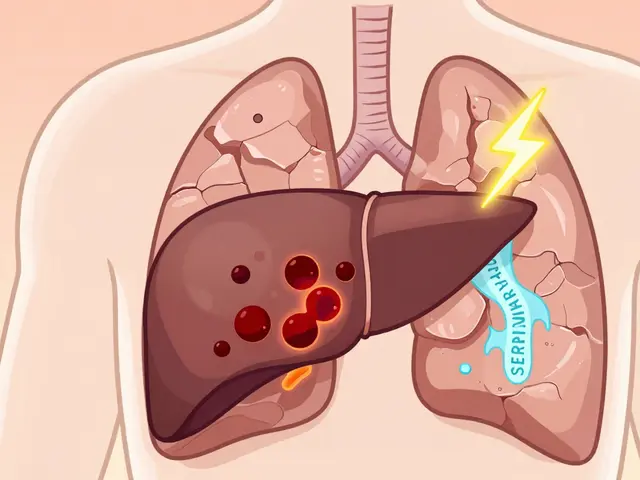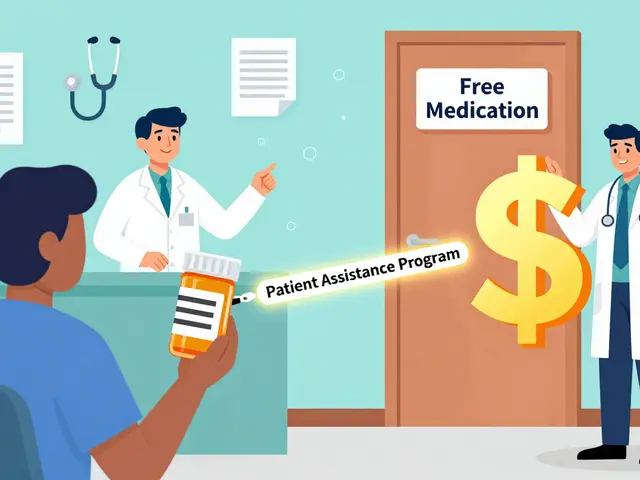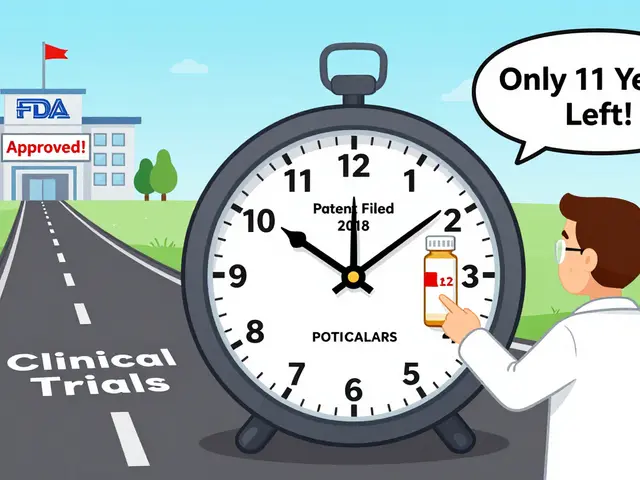Symptomatic Relief for Flu: Fast, Practical Ways to Feel Better
The flu can knock you down quickly — fever, cough, sore throat, body aches. You don’t always need a hospital, but you do want sensible steps that actually help. Below are clear, safe actions you can take right away to feel better and avoid making things worse.
Fast relief at home
Rest. Your body fights better when you slow down. Don’t push through heavy activity; sleep and short naps help immune recovery.
Stay hydrated. Water, broths, and warm herbal tea ease sore throats and thin mucus. Avoid alcohol and too much caffeine — they can dehydrate you.
Control fever and aches. Over-the-counter pain relievers like acetaminophen or ibuprofen reduce fever and relieve muscle pain. Use them as directed on the package and check with your pharmacist if you take other meds or have liver, kidney, or stomach issues.
Lozenges, honey, and warm liquids soothe sore throats. If you’re over 1 year old, a teaspoon of honey can calm a cough. Don’t give honey to infants.
Clear congestion with steam and saline. A hot shower, a bowl of hot water with a towel over your head, or a humidifier can loosen chest and nasal mucus. Saline nasal sprays or rinses help flush nasal passages without drugs.
Choose cough options wisely. Expectorants (like guaifenesin) can help loosen phlegm. Cough suppressants help if coughing stops you from resting. Read labels — some combo products contain multiple ingredients you might not need.
Safe medicine use and simple precautions
Avoid aspirin in children and teens with viral illness because of the risk of Reye’s syndrome. If you’re pregnant, breastfeeding, have chronic lung or heart disease, or take blood thinners, check with a clinician before using OTC medicines.
Antiviral pills (such as oseltamivir) can shorten the flu if started within 48 hours of symptoms. They’re most useful for people at higher risk of complications — older adults, pregnant people, or anyone with a weakened immune system. Ask a doctor promptly if you fit those categories.
Keep germs from spreading. Wash hands, cover coughs, and stay home until fever-free for at least 24 hours without fever-reducing drugs.
Watch for warning signs. Seek medical help if you have trouble breathing, chest pain, persistent high fever, confusion, severe dizziness, or signs of dehydration. For babies, if they won’t feed or are unusually sleepy, contact care immediately.
Want to avoid the flu next season? Annual flu vaccination reduces your risk and often makes illness milder when you do get sick. Simple habits — handwashing, staying away from sick people, and cleaning surfaces — also cut your chance of catching the virus.
These steps won’t cure the flu overnight, but they ease symptoms, protect others, and keep you safer while your body fights the virus. If you’re unsure about a medicine or your risk level, call a pharmacist or clinician — they can guide you quickly.
Best Over-the-Counter Flu Remedies: Zinc, Elderberry, and Symptom Relief When Tamiflu Isn't an Option
Caught the flu and can't take Tamiflu? Dive into proven over-the-counter flu treatments like zinc and elderberry, plus science-backed symptom relief that actually works. This guide unpacks the facts behind each option, highlights what to avoid, and shares pro tips to feel better. Discover what medical research says about these popular choices. Navigating cold and flu season just got a whole lot simpler.
Read More





